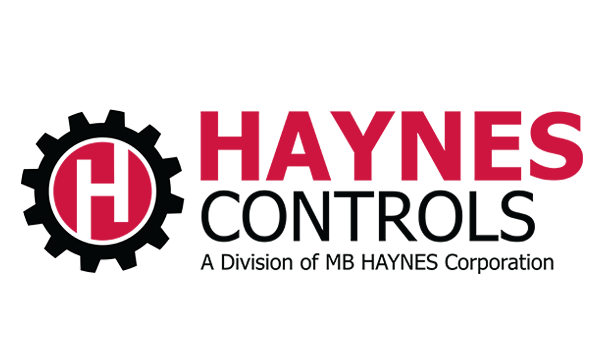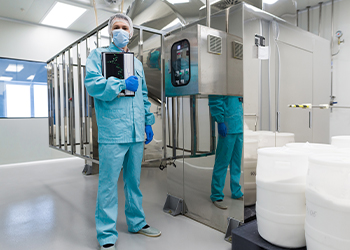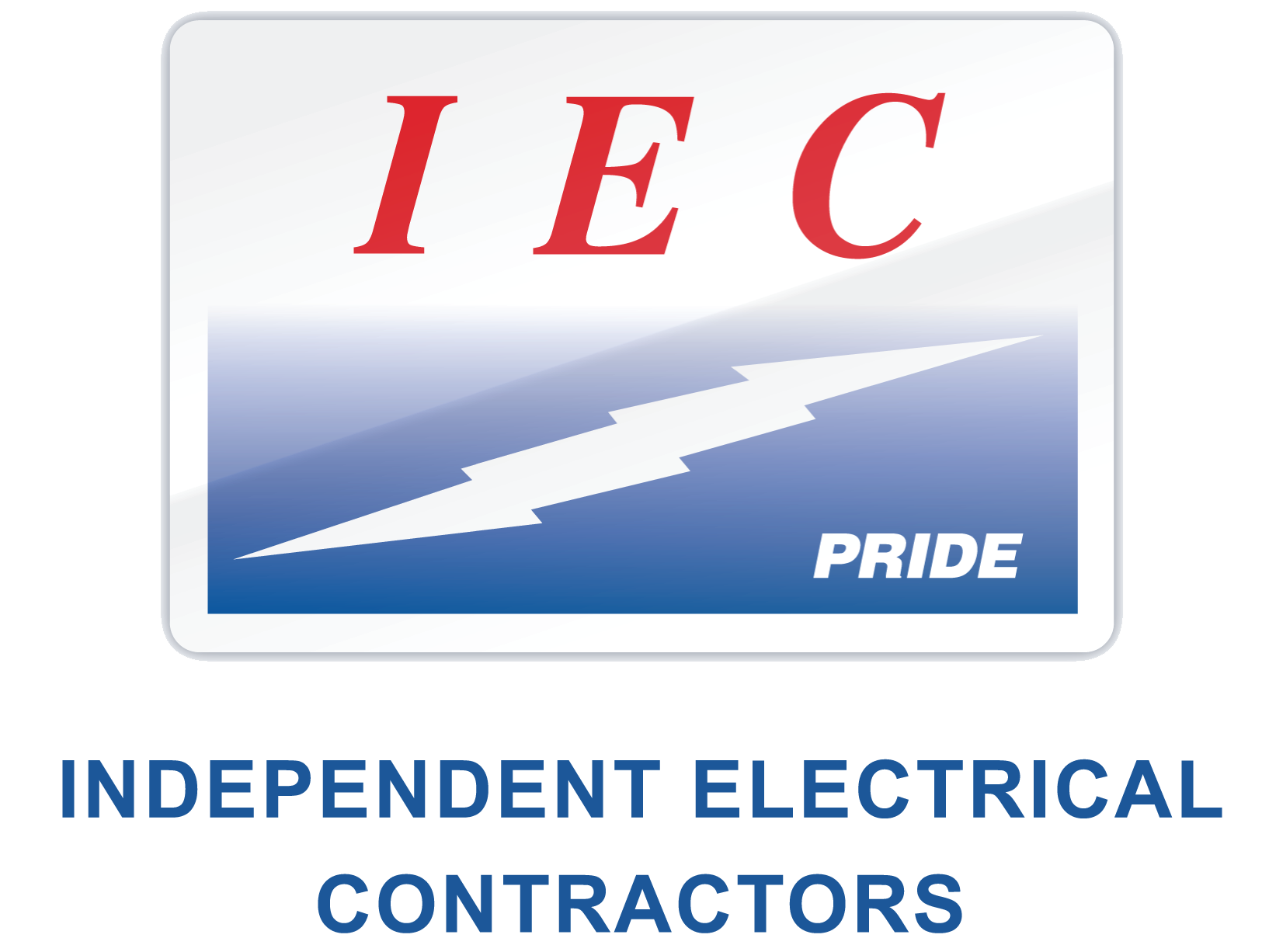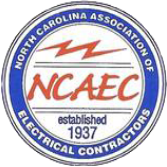
Medical Equipment Manufacturing
 Electrical control panels play a crucial role in the Medical Equipment Manufacturing Industry, providing a centralized and efficient means of managing the electrical systems that power various medical devices. These panels are integral to the overall functionality, safety, and reliability of medical equipment. Here are several aspects to consider when exploring the use of electrical control panels in this industry:
Electrical control panels play a crucial role in the Medical Equipment Manufacturing Industry, providing a centralized and efficient means of managing the electrical systems that power various medical devices. These panels are integral to the overall functionality, safety, and reliability of medical equipment. Here are several aspects to consider when exploring the use of electrical control panels in this industry:
- Equipment Integration: Electrical control panels facilitate the integration of various electrical components within medical devices. These components may include power supplies, sensors, actuators, motors, and communication modules. The control panel acts as a central hub, allowing seamless communication and coordination among these elements to ensure the proper functioning of the medical equipment.
- Precision and Accuracy: Medical equipment often requires precise and accurate control, especially in diagnostic and treatment devices. Electrical control panels provide the necessary infrastructure to regulate voltage, current, and other parameters with a high degree of precision. This is essential for maintaining the accuracy of measurements and ensuring the safety of patients and healthcare professionals.
- Compliance with Regulations: The Medical Equipment Manufacturing Industry is subject to strict regulations to guarantee the safety and efficacy of medical devices. Electrical control panels must adhere to industry standards and regulatory requirements, such as those outlined by organizations like the U.S. Food and Drug Administration (FDA) or the International Electrotechnical Commission (IEC). Compliance with these standards is vital to obtaining regulatory approvals for medical devices.
- Reliability and Redundancy: Reliability is paramount in medical equipment. Electrical control panels are designed with redundancy and fail-safe mechanisms to ensure continuous operation, minimizing the risk of equipment failure. Redundant power supplies, backup systems, and fault-tolerant designs are common features in control panels for medical devices.
- User Interface and Accessibility: Some medical equipment requires user interfaces for healthcare professionals or patients to interact with the device. Control panels often incorporate user-friendly interfaces, such as touchscreens or control panels with intuitive buttons and displays. Accessibility features are also considered to accommodate users with different needs and abilities.
- Remote Monitoring and Diagnostics: In the modern healthcare landscape, remote monitoring of medical equipment is becoming increasingly important. Electrical control panels can be equipped with communication modules that allow for remote monitoring and diagnostics. This feature enables proactive maintenance, timely troubleshooting, and software updates without the need for physical intervention.
- Energy Efficiency: With a growing emphasis on sustainability and energy efficiency, electrical control panels in the Medical Equipment Manufacturing Industry are designed to optimize energy consumption. Smart control systems may be implemented to adjust power usage based on the operational requirements of the medical equipment, contributing to overall energy savings.
- Scalability and Flexibility: The medical field is dynamic, with advancements and updates in technology occurring regularly. Electrical control panels are designed to be scalable and flexible, allowing for easy integration of new technologies or modifications to existing systems. This adaptability ensures that medical equipment can keep pace with technological advancements.
In summary, electrical control panels are indispensable in the Medical Equipment Manufacturing Industry, providing the necessary infrastructure for the integration, control, and optimization of electrical systems within medical devices. Their design and functionality are tailored to meet the industry’s stringent requirements for precision, reliability, and compliance with regulatory standards.
Our Industries
- Agricultural Industry
- Automotive Manufacturing
- Chemical Laboratories
- Chemical Processing Industry
- Data Centers
- Educational Institutions
- Entertainment and Broadcasting Industry
- Food and Beverage Processing Industry
- Manufacturing Industry
- Medical Equipment Manufacturing Industry
- Mining and Minerals Processing Industry
- Oil and Gas Industry
- Pharmaceutical Manufacturing Industry
- Pulp and Paper Manufacturing Industry
- Rail Transportation Industry
- Renewable Energy Industry
- Research Laboratories
- Telecommunications Industry
- Textile Industry
- Transportation Industry
- Water and Wastewater Treatment
- Controls Services MAIN PAGE >












